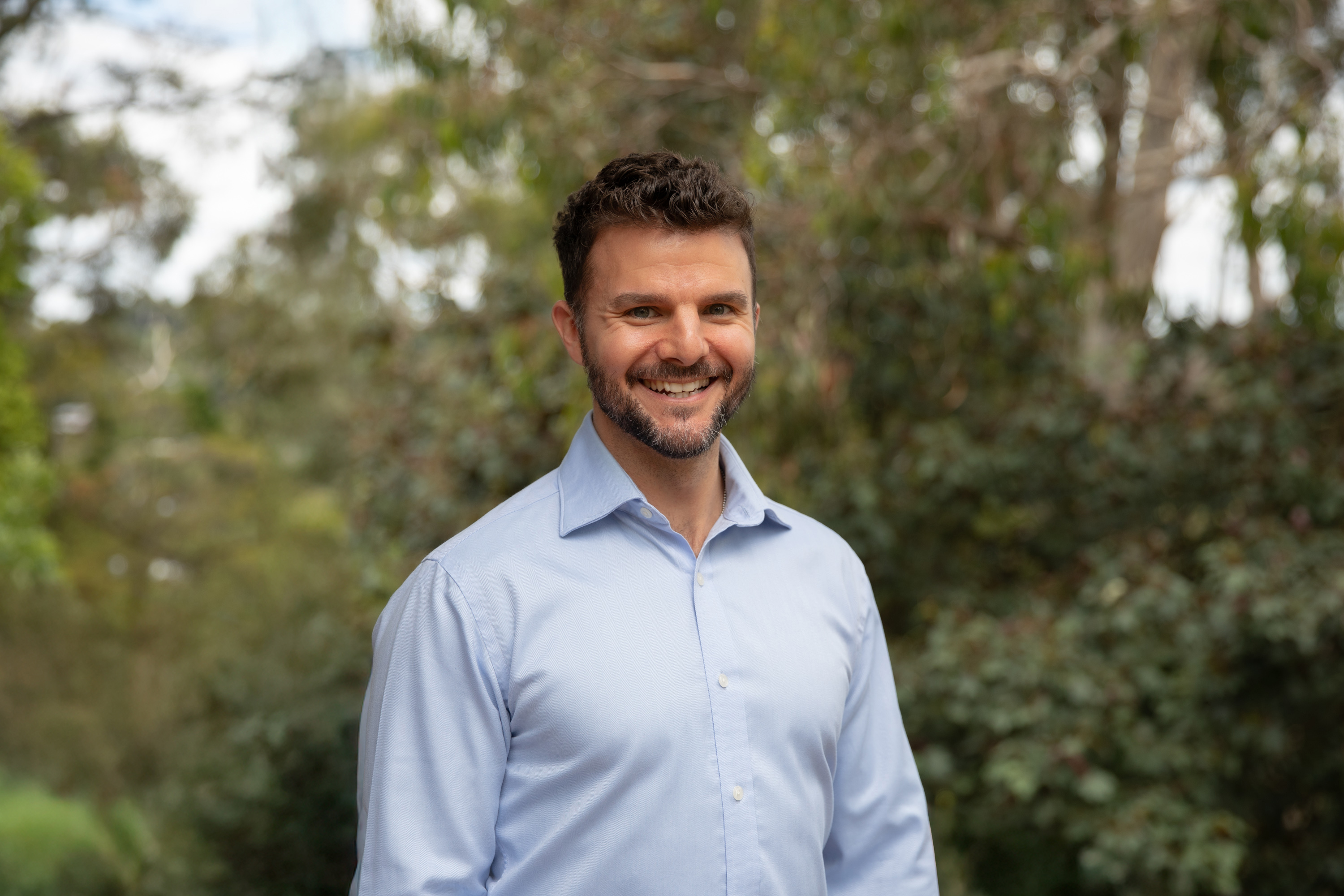Depression doesn’t always look how you expect
It’s easy to picture depression as someone who can’t get out of bed, lost in sadness. But the reality? Depression doesn’t always look obvious.
Sometimes, it looks like:




Depression doesn’t always shout. Sometimes, it whispers. And the hardest part? You might not even realize you’re struggling.
If any of this sounds familiar, you’re not alone. Let’s talk about the signs of depression and how counselling can help.
Common signs of depression
Depression isn’t just “feeling sad.” It’s a persistent state that affects your mind, body, and energy levels.




















If you recognize yourself in these signs, know this:
You’re not weak. You’re not failing. You’re struggling with something real – and you don’t have to face it alone.
Why it’s hard to recognise depression
One of the most challenging things about depression is how slowly it can creep in.



But depression isn’t a personal failure. It’s a mental health condition that can be treated, and with the right support, things can get better.
How Counselling can help
Depression makes it feel like nothing will change, but counselling can help in ways you might not expect.


It’s exhausting to pretend you’re okay. In counselling, you don’t have to.
A therapist provides a safe space where you can:



Sometimes, just saying things out loud is the first step toward feeling lighter.


Depression often has patterns—things that make it worse, cycles that repeat.
Through counselling, you can:



When you understand why you feel the way you do, you can start making changes that actually help.


Depression tells you, “There’s no way out.” Counselling helps you prove that wrong.
You’ll learn:




Recovery isn’t instant – but it is possible. And you don’t have to do it alone.
You deserve support – and things can get better
Depression makes it hard to believe in hope, but you don’t have to see the whole path right now – you just have to take one step.



